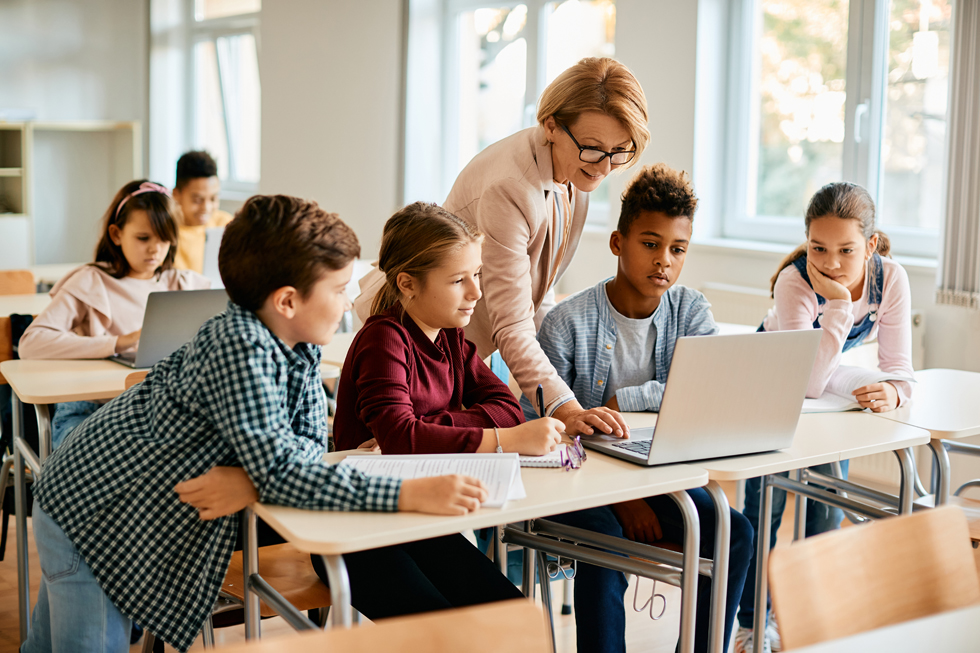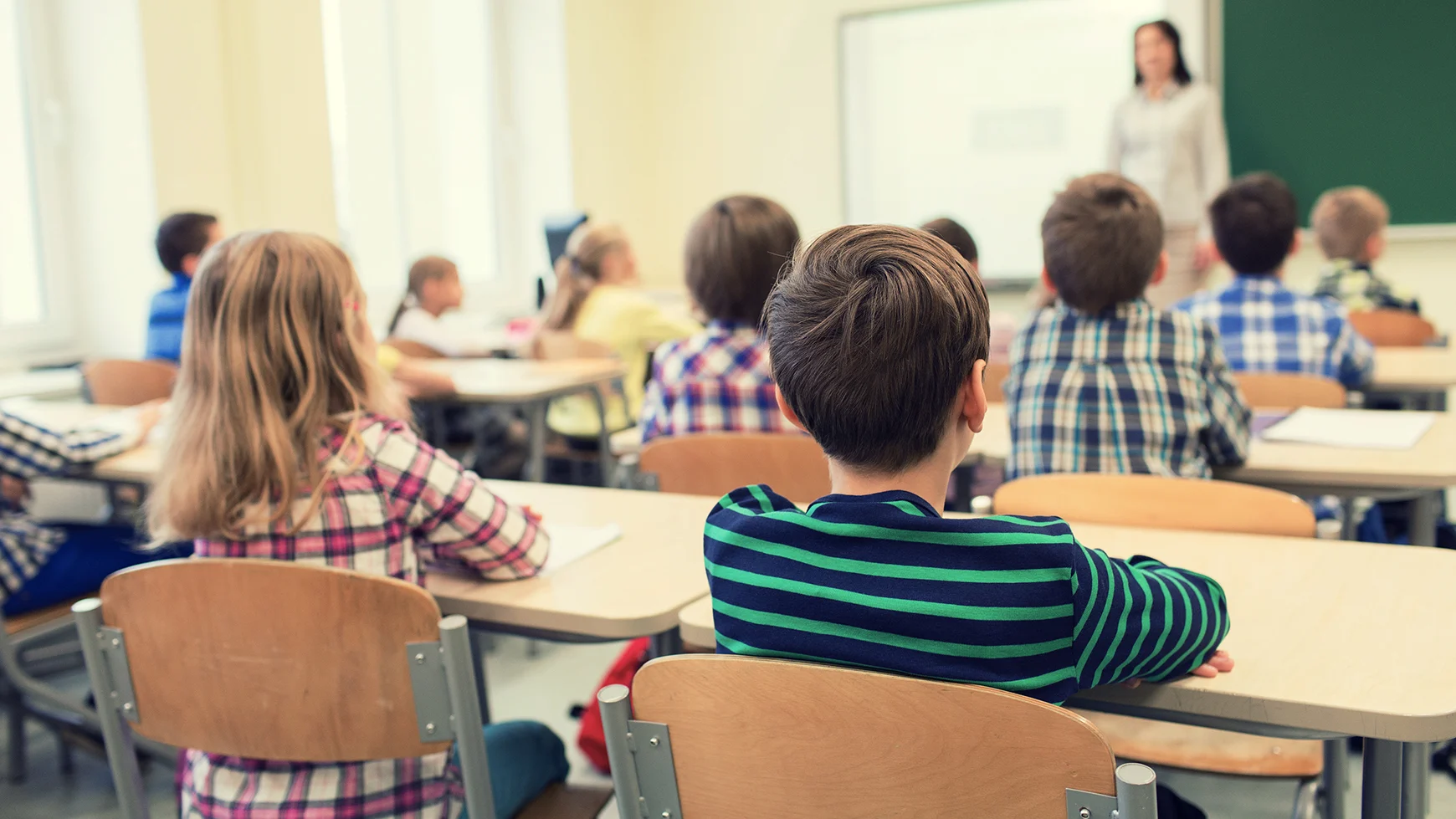The Duty of Parents and Educators in the Effort to Save Temecula Schools
The Duty of Parents and Educators in the Effort to Save Temecula Schools
Blog Article
Recognizing the Significance of Colleges in Child Advancement and Community Growth
Institutions' involvement with neighborhood areas with service-learning campaigns reinforces the bond in between families and instructional establishments. This cooperative partnership highlights the significance of schools in supporting active citizenship and lifelong knowing practices.
Academic Accomplishment
Academic success acts as a keystone of youngster advancement, offering the foundation whereupon future learning and success are constructed. Institutions play a critical function in promoting this academic development, offering structured settings where kids can obtain crucial knowledge and cognitive abilities. Standardized curricula ensure that students gain effectiveness in core topics such as mathematics, science, and language arts, which are essential for both college and professional chances.
In addition to presenting essential scholastic abilities, schools additionally grow critical reasoning, problem-solving capacities, and intellectual interest. These cognitive proficiencies are essential for navigating complicated real-world circumstances and adapting to the ever-evolving demands of the modern-day workplace. Educators, as facilitators of discovering, employ varied pedagogical methods to satisfy varied discovering designs, therefore making best use of private student potential.
In addition, scholastic success is closely connected to self-esteem and motivation. Children that experience scholastic accomplishments are much more most likely to create a positive self-concept and a lifelong enthusiasm for learning. Schools likewise use numerous sources, such as libraries and modern technology, which additionally boost the educational experience and prepare pupils for a highly innovative society.
Social Skill Advancement
Beyond academic accomplishment, the function of institutions in social skill growth is important. Schools function as a key location for kids to find out and exercise necessary social skills such as communication, collaboration, and dispute resolution. In the organized atmosphere of a classroom, pupils connect with peers, teachers, and various other school personnel, providing various possibilities to develop these crucial abilities.
Effective social ability growth in institutions is facilitated via team tasks, collaborative projects, and extracurricular programs. These communications assist students understand social standards, construct compassion, and foster a feeling of neighborhood. Group assignments teach students just how to work with each other towards a typical objective, pay attention to various point of views, and navigate disagreements constructively.

The farming of social skills throughout institution years lays a structure for future personal and expert partnerships. Save Temecula Schools. As students develop, the ability to effectively connect and work together becomes increasingly important, underscoring the college's vital function in holistic child development
Exposure to Diversity
Direct exposure to variety in institutions is fundamental to cultivating a comprehensive state of mind and widening pupils' perspectives. Schools act as a microcosm of the wider society, and coming across varied societies, languages, and socioeconomic histories within this setting outfits students with important skills for navigating a significantly globalized globe. This exposure motivates empathy, minimizes bias, and promotes common regard among peers.
Varied class also improve cognitive and social advancement. Study suggests that trainees who connect with peers from different histories show far better problem-solving skills and creative thinking. They discover to appreciate different perspectives, which enhances class discussions and promotes an extra dynamic understanding experience. Furthermore, this understanding of variety prepares pupils for future work environments that value modern capability.

Community Engagement
The benefits of diverse classrooms extend beyond the school walls, fostering a solid feeling of community engagement among students. By interacting with peers from different social, socioeconomic, and ethnic histories, trainees acquire a broader perspective and an admiration for variety. This direct exposure urges them to become energetic residents that want to add positively to their neighborhoods.
Institutions that highlight neighborhood interaction often incorporate service-learning projects, which permit pupils to resolve real-world problems while applying scholastic abilities. These tasks not only boost pupils' understanding of their coursework yet likewise impart a feeling of duty and compassion. Additionally, collaborations in between colleges and regional organizations offer pupils with chances to participate in community events, further solidifying their function as aggressive neighborhood members.
Furthermore, adult and area involvement in institutions reinforces the bond between academic establishments and the communities they serve. With these initiatives, schools play a critical duty in supporting community interaction and cultivating social growth.
Lifelong Knowing Behaviors
Developing lifelong discovering behaviors is necessary for a child's constant development and flexibility in an ever-changing globe. Schools play a crucial role in instilling these habits by producing an environment that cultivates interest, important reasoning, and a love for expertise. With varied educational helpful site programs and after-school activities, teachers motivate trainees to check out different subjects, examine information critically, and use their finding out to real-world scenarios.

In addition, schools supply a structured environment where kids can create self-discipline and time administration abilities, both of which are vital for continuous discovering. By stressing the importance of setting objectives, mirroring on progression, and adapting techniques, instructional establishments prepare students to browse the complexities of adult life, ensuring they stay long-lasting students and contributors to culture.
Verdict
In final thought, schools are essential in cultivating youngster advancement and area development by offering environments helpful to scholastic accomplishment, social skill development, and direct exposure to variety. Ultimately, colleges grow long-lasting understanding routines, gearing up individuals with the essential understanding and abilities to add positively to culture.
In the structured atmosphere of a class, go students engage with peers, teachers, and various other college personnel, offering numerous chances to develop these vital capacities.
In essence, direct exposure to variety within institutions not only improves individual trainees yet also reinforces the social textile of the community as a whole.
The benefits of varied class extend beyond the college walls, promoting a solid sense of community interaction amongst trainees.Institutions that stress community engagement commonly include service-learning projects, which permit students to deal with real-world issues while using scholastic abilities. a knockout post Partnerships between colleges and local organizations supply pupils with possibilities to get involved in community events, additionally strengthening their duty as aggressive area members.
Report this page